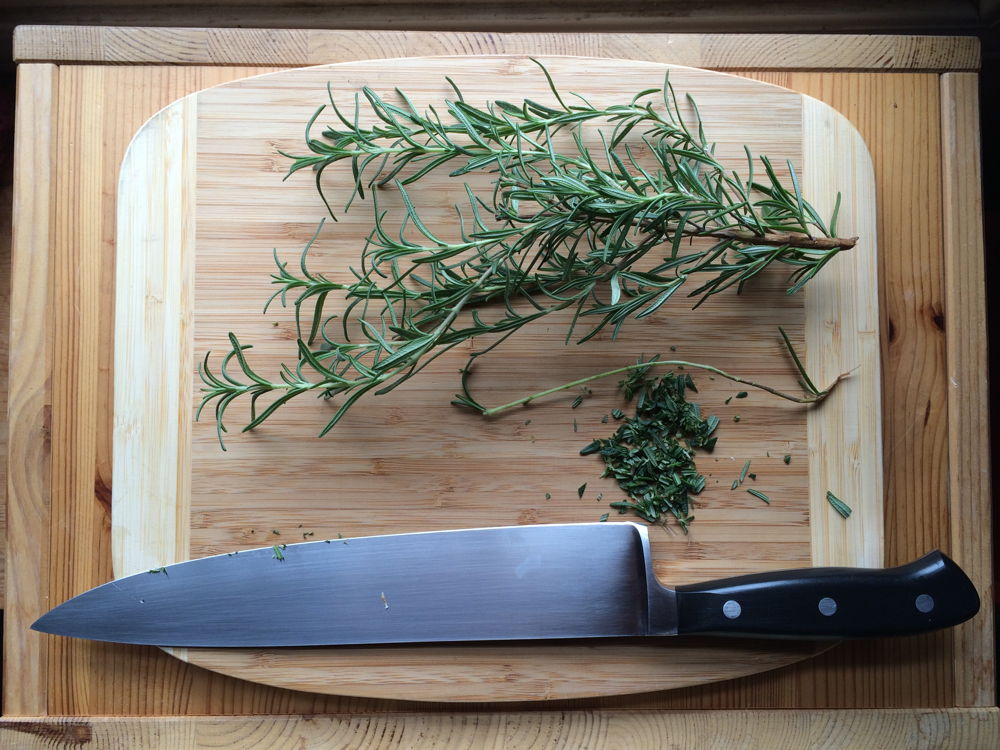Martha and I are distracted by our many tasks. But are the tasks all that important?
This is the third in a series of twelve reflections on the story of Mary and Martha, found in Luke 10.38-42. If you’d like to read the whole series, start with “the first post”:/news/2014/the-conversation-visiting-with-mary-and-martha-part-1/ , where they are listed in full at the end of the piece.
As always, let’s begin with the text:
bq. Now as they went on their way, he entered a certain village, where a woman named Martha welcomed him into her home. She had a sister named Mary, who sat at the Lord’s feet and listened to what he was saying. But Martha was distracted by her many tasks; so she came to him and asked, “Lord, do you not care that my sister has left me to do all the work by myself? Tell her then to help me.” But the Lord answered her, “Martha, Martha, you are worried and distracted by many things; there is need of only one thing. Mary has chosen the better part, which will not be taken away from her.” — Luke 10.38-42 (NRSV)
_Just chopping some fresh rosemary from my garden. That’s all._
h3. What is she doing in there?
_Martha was distracted by her many tasks…_
What were Martha’s many tasks? Were they really necessary? Would it have been more “spiritual” for her to leave the tasks undone and sit with Jesus, or was this work inherently worthwhile?
Augustine points out that the work Martha was doing was good and honorable — but it wasn’t eternal. He writes charitably of the lady, “Martha was busy satisfying the needs of those who were hungry and thirsty. With deep concern, she prepared what the Holy of Holies and his saints would eat and drink in her house. It was an important but transitory work. It will not always be necessary to eat and drink, will it? When we cling to the most pure and perfect Goodness, serving will not be a necessity.” (ACCS pg. 183)
I’m not sure if I agree with Augustine here. (Won’t we eat and drink in the New Jerusalem? And won’t it be really awesome?) I see his argument that, if one can neatly cleave a division between physical service and spiritual connection, then yes, one is transitory and the other is not. But can’t there be a marriage of the two as well? I’ve experienced moments of true, spiritual connection through thoughtful hospitality and nurture — a meaningful dinner conversation, intimate thoughts over cups of tea, the beauty of nursing an infant. Even those times of cooking together with our guests can be profound, as we focus our eyes on the work while sharing words about the state of our souls. But I’ve also participated in neglect of the person due to my disordered commitment to the menu. What is the difference?
*This is the challenge: to discern what is necessary.* I often find myself in stress over tasks that I believe are necessary, but which aren’t. _I have to bake a homemade cake for so-and so_ or _I must finish the dishes before our guests arrive_. Taking it a step further looks like this for me: _I have to finish writing this email before I can talk to you_ or _We don’t have time to study the ants on the sidewalk, we need to get to the library_. My life is often run by arbitrary goals and visions. Achieving my goals would be ideal (in my view), but it isn’t really necessary, and it is not more important than connecting with Jesus and with other humans. The vision is often good, and can often be accomplished while connecting with others, but the trick is to know the place of each when a conflict arises between the task and the person.
So what was Martha doing in there? Did the roast lamb require more tending than she had expected? It seems that it was distracting her unduly from attending to Jesus. Would it have been better for her to make a big plate of hummus and pita wedges instead so that she could sit with them? Or what would have happened if she invited them all into the kitchen to talk while she finished her chopping? I bet Jesus would have chopped garlic if he had been asked.
_Which tasks do I need to let go in order to attend to Jesus?_
_How can I honor the work that needs to be done while also keeping my eyes on things eternal?_
___________
Resources used in this piece:
“_The Ancient Christian Commentary on Scripture: Luke (New Testament Volume 3)_”:http://www.ivpress.com/cgi-ivpress/book.pl/code=1488


